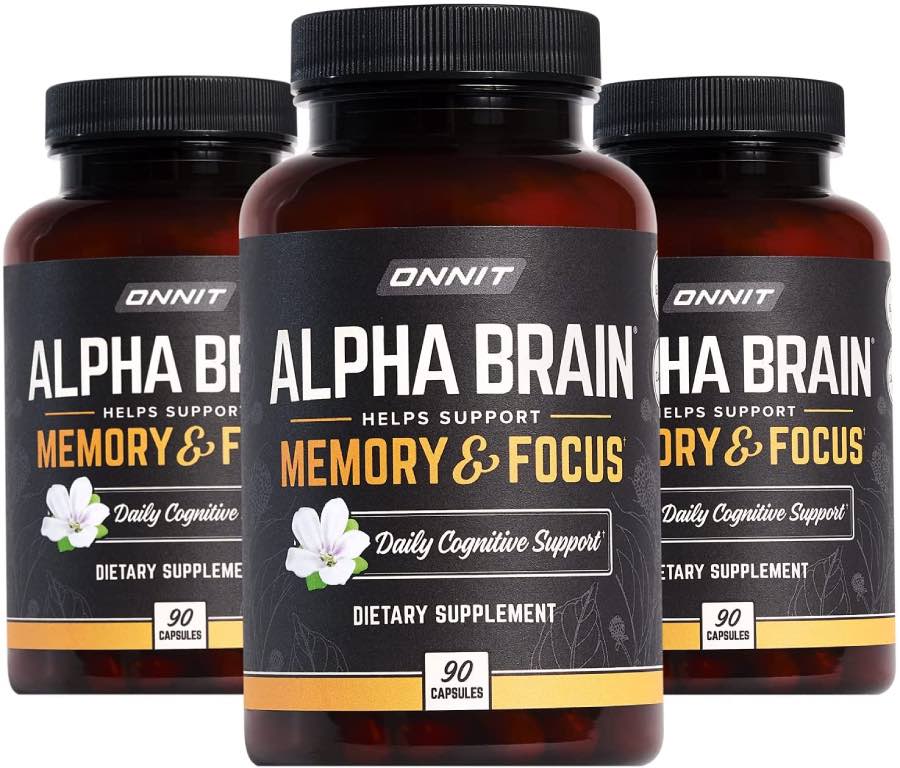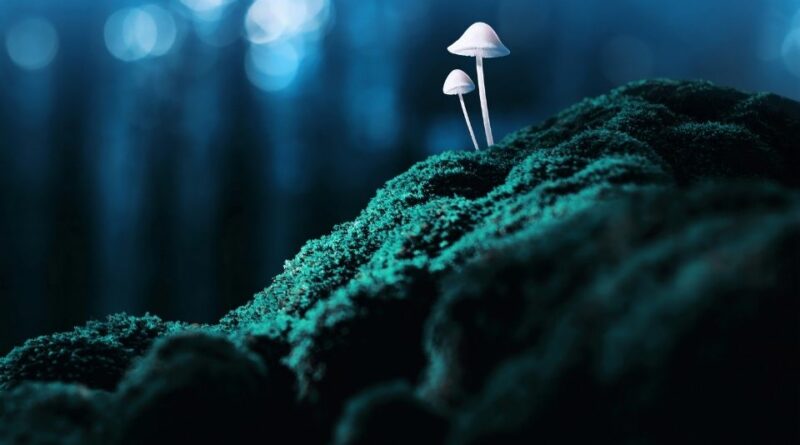Psilocybin Reduces Stress by Growing Dendrites
[Please note that this page contains affiliate links. If you choose to purchase after clicking a link, I may receive a commission at no extra cost to you.]
Psychedelics were banned worldwide over 50 years ago and demonized as substances used only by hippies.
Now psychedelics are finding their way back into the consciousness of the biomedical community.
Recently the FDA declared psilocybin a “breakthrough therapy” for depression and works well for drug-resistant depression disorder.
Psilocybin Reduces Stress by Growing Dendrites
The half a century-long prohibition and stigma have led to the need for research to see how psychedelics affect the brain.
Fortunately, lots of new research is currently being conducted to help make up for the lost time.
A new study recently published in Neuron looks at how psilocybin can help the brains of mice repair damage due to chronic stress.
There have been studies that determined psychedelics such as psilocybin is an effective treatment for depression, but on a neurological level, it remains a mystery.
Researchers wanted to study the effect of the brains of animals under the influence of psilocybin.
In this study, scientists gave stressed-out mice either saline (a control) or psilocybin.
Researchers gave electric shocks to the mice, adding stress to observe how the brains are altered directly. This allowed researchers to keep how the brain is remoulded using psilocybin.
Scientists were examining tiny protrusions named “spines” on dendrites, which is the part of a neuron that receives signals from other neurons.
Dendritic spines are where information is traded amongst brain cells. They are found in brain cells at the point where connections are made.
The Growth of the Dendritic Spines
“The number and strength of dendrite connections are essential. They command how our neurons are connected and how they perform normal brain function through communication,” explains Dr. Alex Kwan, a psychiatry professor at Yale University.
Dendrites are habitually affected by stress, and people with depression have less of them than people without depression. When people experience chronic stress, it lowers their number of dendrites.
Scientists assessed the mice over the following month to see any brain structure changes.
The scientists compared the growth of the dendritic spines by scanning the mice brains that were given saline with those who were given psilocybin.
Psilocybin-treated mice dendrite spines were 10% bigger and more numerous than those in mice that were in the control group.
Because the spines increased growth right after being given psilocybin, the dendrite increase would last for well over a month.
The mice who were given psychedelics also saw improvements in their maladaptive behaviours triggered by the stress of the electrical shocks.
Self-Medicating to Grow Dendrite Cautions
It is still not recommended to start self-medicating with magic mushrooms just yet. It is essential to know you are getting pure psilocybin.
Before adequately understanding them, researchers may need some years to study how psilocybin affects the brain thoroughly.
Suicide is one of the leading causes of death worldwide.
Suppose you have tried conventional psychotherapies and have exhausted yourself trying different medications to ward off your depression and anxiety and hate the nasty side effects.
Why not try a dose of psilocybin? Although, microdosing may be the safest way of self-administration if you choose to.
No one should be allowed to tell you how you can and cannot manipulate or alter your state of consciousness.
If the government allows the sales of cigarettes and alcohol, then why not safely regulate all drugs to avoid further deaths in the opioid crisis.


